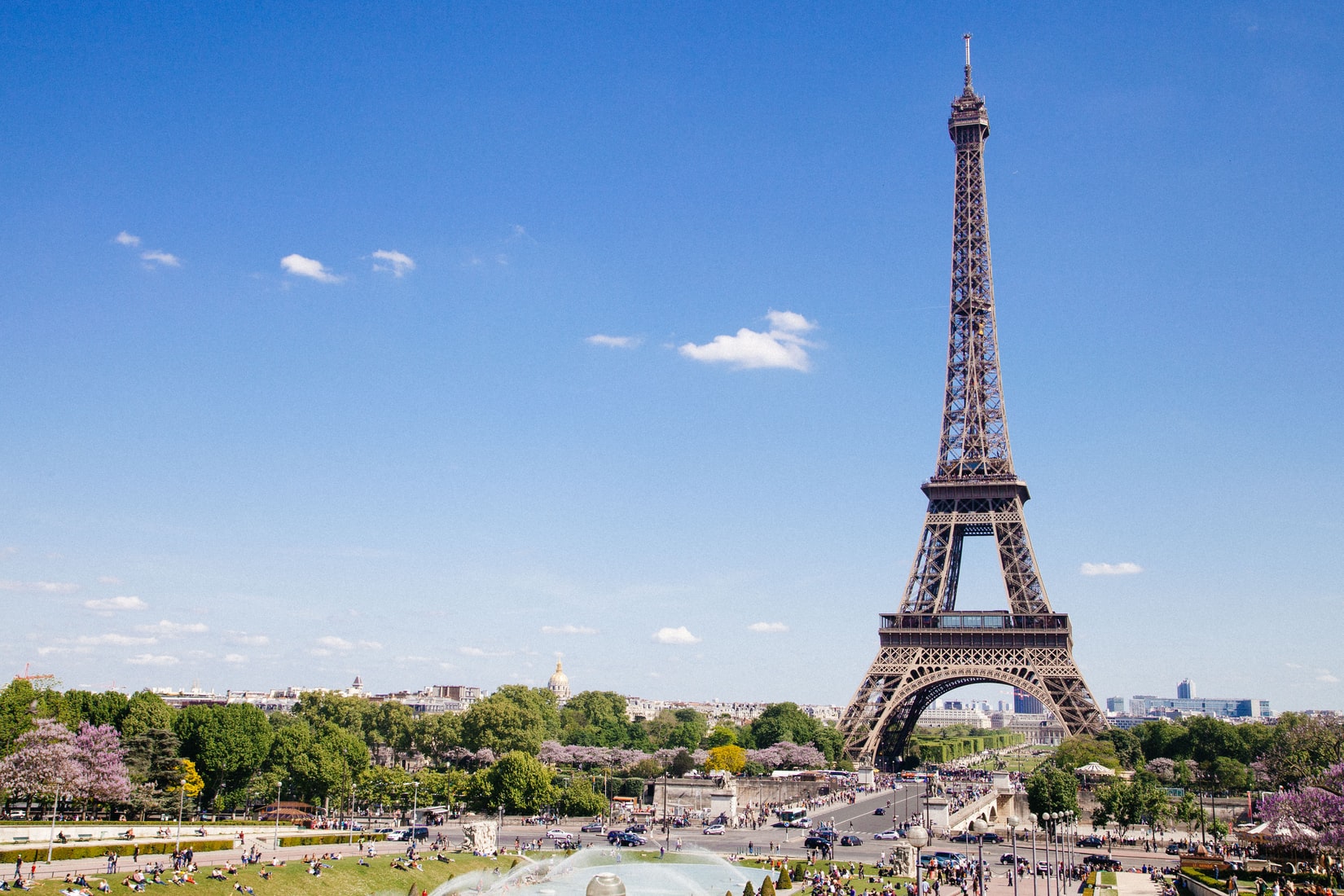France and its Efforts to Protect the Environment
Protection of the environment has now become an important and urgent issue.
Author:Dexter CookeReviewer:Hajra ShannonFeb 26, 202142.9K Shares1.5M Views

Protection of the environment has now become an important and urgent issue. France was one of the first countries to create its own Department of the Environment for the Protection of Nature in 1971. Ever since concerns over the environment have continued to grow. In recent years, many measures have been taken to reduce air pollution and water pollution and to better handle waste management. Protecting the environment is a day-to-day challenge in which we can all participate, regardless of age.
Water conservation has become an important priority. Although France has considerable water reserves, they are not well dispersed across the country. To better manage these reserves, the Water Agency, or "Agences de l'Eau", were created. France is committed to collecting and treating all wastewater by the year 2005. Educational campaigns have been launched to teach the public how to save water. For instance, turning off the tap while brushing your teeth is one way to conserve water. Since ocean waters are polluted to varying degrees, and for different reasons, beaches are patrolled throughout the year so that swimmers and beachgoers can enjoy safe and clean water during the spring and summer months.
Another serious problem common to industrialized countries is the amount of household waste produced each year. In France, each person produces an average of 416 kg of waste per year. To counter this, all communes (townships) were required to adopt recycling programs in 1992. All French townships are now implementing this national policy. Recyclable waste is now separated from non-biodegradable waste, in order to reduce waste loads.
Europe is a highly populated continent, and some European cities have a population of several million inhabitants. The effects of pollution are felt quickly, and influence the health of citizens and the quality of life. One main cause of pollution is cars. The fuels on which cars run produce toxic smoke. The ideal solution to this would be to stop using gas altogether. However, in the meantime, there are ways to pollute less. For instance, you can buy a car that runs on less gas, and whenever possible, take public transportation. All French and European cities have a bus, metro, and tramway system. France has also invested heavily in its railways and trains, which pollute much less. The TGV (Train à Grande Vitesse) is a high-speed train that can take you from Paris to Marseille in 3 hours and 15 minutes, a distance of 800 km. TGVs also help to alleviate heavily congested traffic on highways.
The French are also very concerned about the greenhouse effect. France supports all efforts in battling this phenomenon, including the Kyoto Protocol. The Kyoto Protocol is an international agreement to reduce carbon dioxide emissions, the cause of global warming. France ratified this treaty in July 2000.
Did You Know?
By the year 2050, half of the animal species, as we know them today, may disappear. In fact, the bear has practically disappeared from Europe, although it still exists in sufficient numbers in Canada.
Jump to

Dexter Cooke
Author
Dexter Cooke is an economist, marketing strategist, and orthopedic surgeon with over 20 years of experience crafting compelling narratives that resonate worldwide.
He holds a Journalism degree from Columbia University, an Economics background from Yale University, and a medical degree with a postdoctoral fellowship in orthopedic medicine from the Medical University of South Carolina.
Dexter’s insights into media, economics, and marketing shine through his prolific contributions to respected publications and advisory roles for influential organizations.
As an orthopedic surgeon specializing in minimally invasive knee replacement surgery and laparoscopic procedures, Dexter prioritizes patient care above all.
Outside his professional pursuits, Dexter enjoys collecting vintage watches, studying ancient civilizations, learning about astronomy, and participating in charity runs.

Hajra Shannon
Reviewer
Hajra Shannona is a highly experienced journalist with over 9 years of expertise in news writing, investigative reporting, and political analysis.
She holds a Bachelor's degree in Journalism from Columbia University and has contributed to reputable publications focusing on global affairs, human rights, and environmental sustainability.
Hajra's authoritative voice and trustworthy reporting reflect her commitment to delivering insightful news content.
Beyond journalism, she enjoys exploring new cultures through travel and pursuing outdoor photography
Latest Articles
Popular Articles